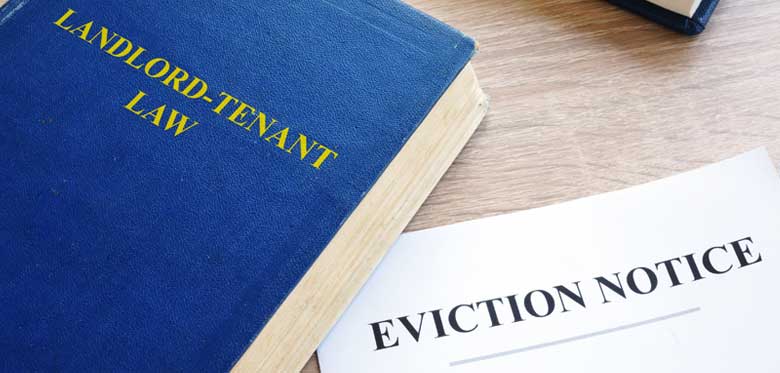‘No-fault eviction’ or Section 21 rules currently enable a landlord to evict a tenant from their property without any reason.
If the landlord decides at the end of the tenant’s fixed term that they no longer wish to let to that tenant, the landlord can choose not to renew the tenancy.
If the landlord chooses not to renew the tenancy, they will ask the tenant to vacate the property. Usually this is done by way of a Section 21 notice.
However, measures are proposed to restrict private landlords who evict tenants without giving a valid reason. Under the new proposals, private landlords will no longer be able to evict tenants at the end of their tenancy without giving a good legal reason or without providing a longer notice period.
This is a benefit for tenants who will have confidence that their tenancy is protected and give them long-term certainty that they can remain in their rented property. This additional peace of mind for tenants will help them to settle down in their new homes without the fear of needing to move home again within a short period of time.
On the other hand, these changes may discourage landlords investing in the private rental sector or they could lead to private landlords selling properties if there is no security that they can obtain possession of their property with the option of a ‘no fault eviction’.
In addition to the ban on ‘no fault evictions’ the government has also included other measures to benefit tenants. It has introduced a ’12-step plan’ which aims to make robust changes to the private rented sector.
Within its 12-step plan, the government has made a pledge to end arbitrary rent review clauses, unjustified rent increases and enable tenants to challenge any excessive rent increases should they still occur. It will become illegal for landlords or agents to have any form of ban on renting to families with children or those in receipt of state benefits. Tenants will also be given rights to request a pet to live in the property which landlords cannot unreasonably refuse. In addition to this, a new ombudsman process will be introduced that all landlords must join. The aim is to provide tenants with fair, impartial, and binding resolutions to many issues, the idea being that this process will be quicker, cheaper, and less adversarial than the court route.
The benefit for landlords is that the reformed grounds for possession which seek to ensure that responsible landlords can gain possession of their properties efficiently from anti-social tenants or if tenants are deliberately failing to pay rent. The introduction of a new property portal should provide a single platform to help landlords to understand, and comply with, their responsibilities. This is positive for landlords who often do not have full knowledge or understanding of their responsibilities and/or what regulations they need to comply with when entering into new tenancies or what they must comply with throughout the course of a tenancy. The government has also committed to working with the courts to minimise delays in court proceedings and to strengthen other alternative dispute resolution options.
The idea is that the implementation of these new rules should be positive for both sides of the private rental sector and they should help streamline the renting process. The government is optimistic with its plans and envisage that they will help improve the relationship between tenants and landlords. The Department for Levelling Up, Housing and Communities has not yet announced when the Renters Reform Bill will come into force.
Further information and the recently published policy paper regarding the Renters Reform Bill can be found here.
Our legal specialists can help if you require advice in relation to a landlord/tenant issue. Call us on 0161 696 6170.




Comments